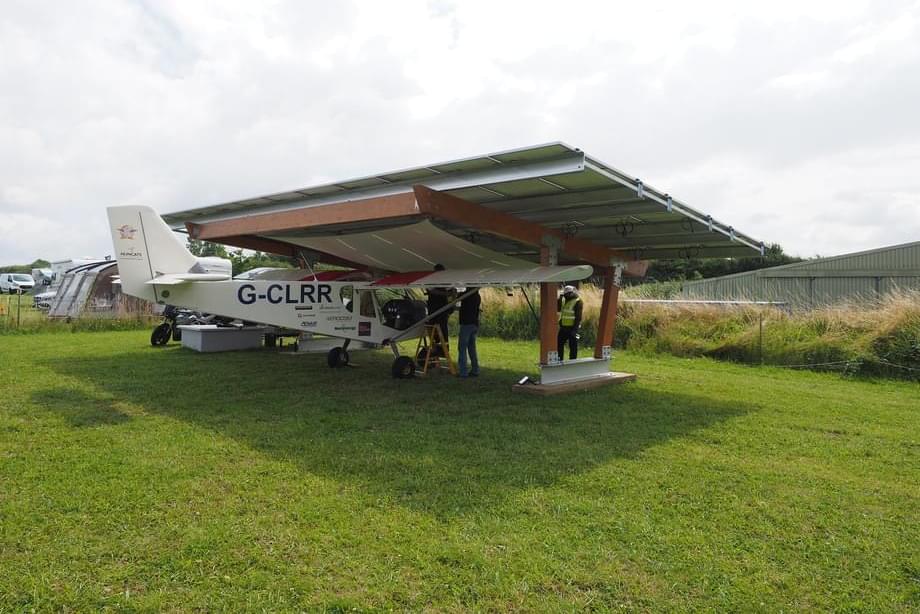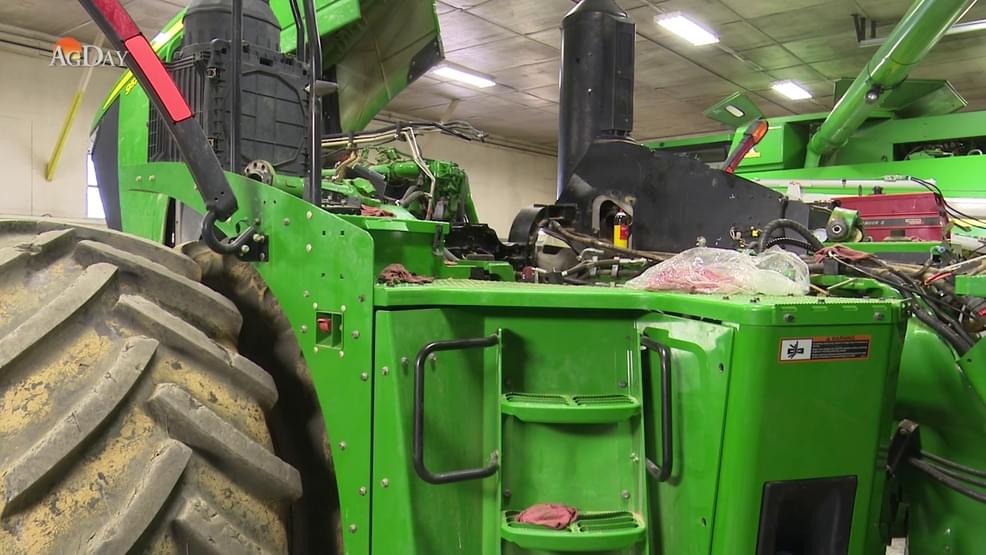He said that three main requirements should be fulfilled to improve the cooling effect. The radiative coolers should not replace the existing PV glass covers, so the natural RC ability of glass can be harnessed to add to the overall cooling gain. There should also be an efficient and quick heat transfer mechanism between the PV module, which is also the heat source, and the RC heat sink. In addition, the RC module should directly face the sky to radiate maximum waste heat into outer space.
The proposed system consists of a PV module and a separate RC module, integrated with a flat plate heat pipe in between. A separate RC module is used along with the existing glass cover on the solar cells and the heat pipe is integrated between the PV and RC modules, providing quick heat transfer. The RC module is then placed on the condensing section of the heat pipe facing the sky.






